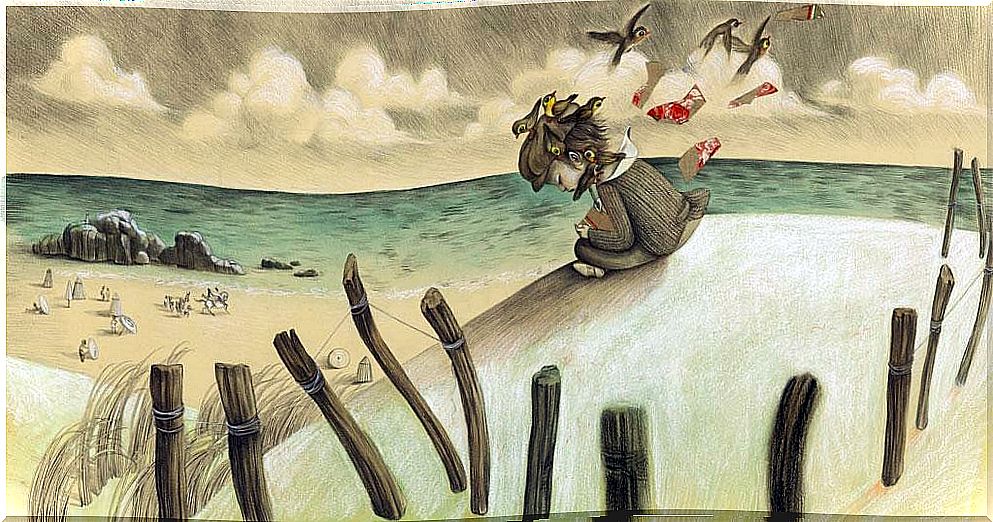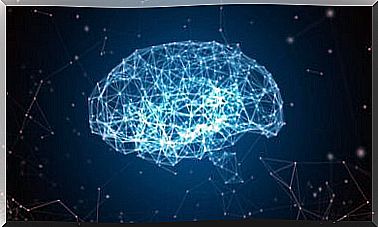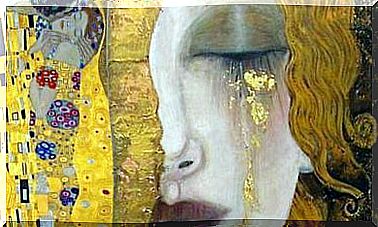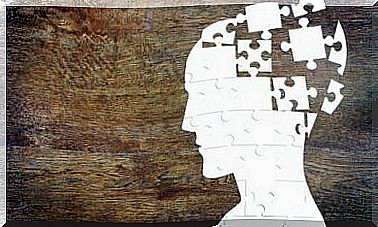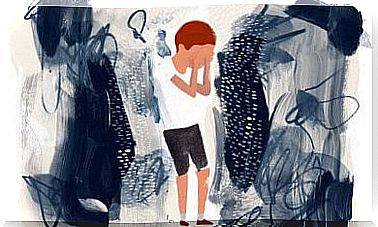Alexander Luria, Biography Of The Pioneer Of Neuropsychology
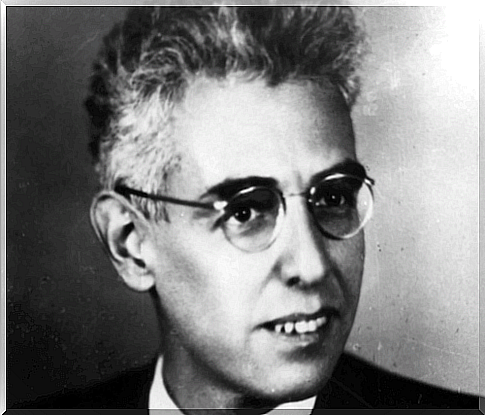
Alexander Luria may have been the first neuropsychologist in the strict sense of the term. This branch of knowledge unites the knowledge of neurology with that of psychology, which seems obvious today, but less than a century ago it was amazing.
Alexander Luria’s great inspiration was Lev Vygotsky, whom he met in Moscow when he was just starting his career. The influence he exerted on Luria was such that it is often said that the works of these two men are inseparable and that one was an unprecedented development of the other.
The truth is that Alexander Luria is considered by many to be the first researcher to give complete consistency to the findings about the nervous system and its connection to behavior. His contributions were definitive to give depth to a field of knowledge barely born in the twentieth century.
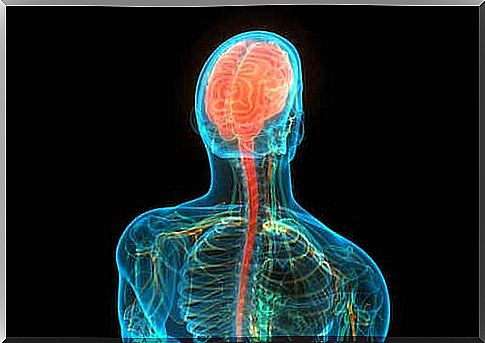
The early years of Alexandre Luria
Alexander Luria was born on July 16, 1902 in Kazan, Russia. Her mother, Eugenia Victorovna Haskin, was a dentist, and her father, Roman Albertovich Lúriya, was a doctor. They were both Jews and gave their son a good education. Alexander spoke several languages and inherited his love for science from his parents.
Luria started the school phase at the age of 7, but had to interrupt it due to the Russian Revolution. Years later, he trained as a doctor at the University of Kazan, where he entered at the age of 16. He then obtained a doctorate in psychology from the Moscow Medical Institute in 1921.
In 1922, Alexander Luria helped establish the Kazan Psychoanalytic Society. At that time, his readings centered on the works of Freud and Jung. Later he began his career as a professor at the then-Soviet Academy of Psychological Sciences.
He met Vygotsky at a congress of psychoneurology in 1924. Subsequently, the two worked at the Moscow Institute of Psychology, Luria as a secretary. Against this background, Vygotsky became his mentor.
Neuropsychology
Alexander Luria was critical of Pavlov’s theories in 1925. This cut him off from the scientific elite of the Soviet Union until after Stalin’s death. Luria understood that his positions towards society and culture had no place in the dictatorial regime, and that is why he devoted himself to the study of the brain.
At that time, “localizationism” prevailed, a position in which the central interest was to find out which area of the brain was doing what. Luria had a different vision. He proposed the idea that it was not the brain fragments that performed the functions, but that these were the fruits of complex functional systems.
Luria has focused much of her attention on studying language. Specifically, he wanted to understand what was happening in cases of aphasia. It is a language disorder characterized by difficulty or inability to communicate. Alexander Luria attempted to establish the relationship between this disorder and thought.

A pioneering work
During World War II, Alexander Luria was sent to a front line military hospital in Kisegach. There, he had the opportunity to observe first-hand the effects of brain damage on abilities and behavior. Many soldiers came to him with head injuries, and in the midst of these dire circumstances he was able to advance his approach.
Luria has developed tests to show the effects of injury on cognition. On this basis, he identified cognitive disorders and indicated their location, so that they could be operated on by neurosurgeons. He was also able to further explore the effects of injury on language.
After the war ended, Alexander Luria continued to investigate the relationship between language and thought, but he focused on children with intellectual disabilities. In 1968, he became a member of the United States Academy of Sciences.
He lived in Moscow until his death from a heart attack in 1977 at the age of 75. His work has been fundamental for understanding the brain and designing rehabilitation techniques.
